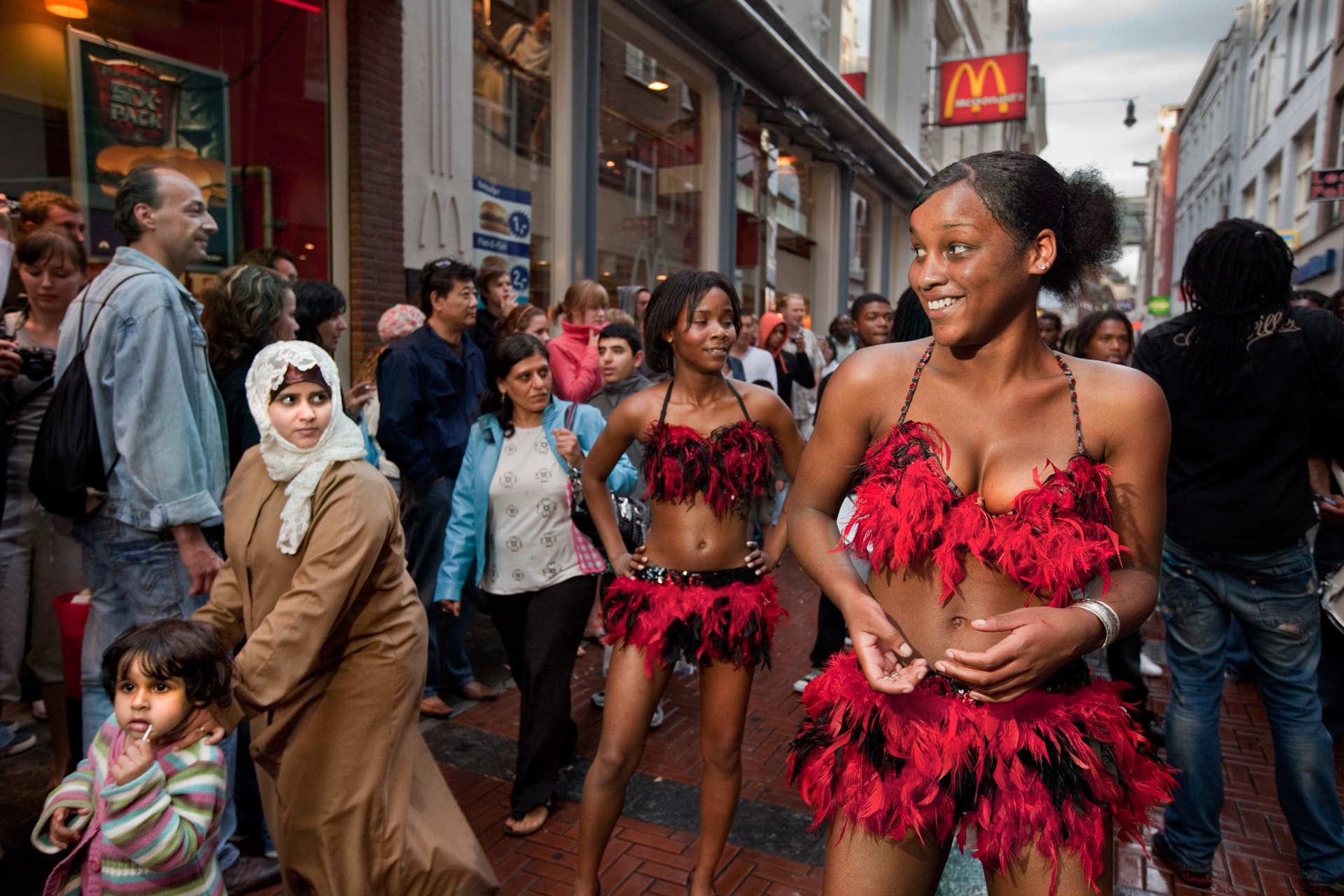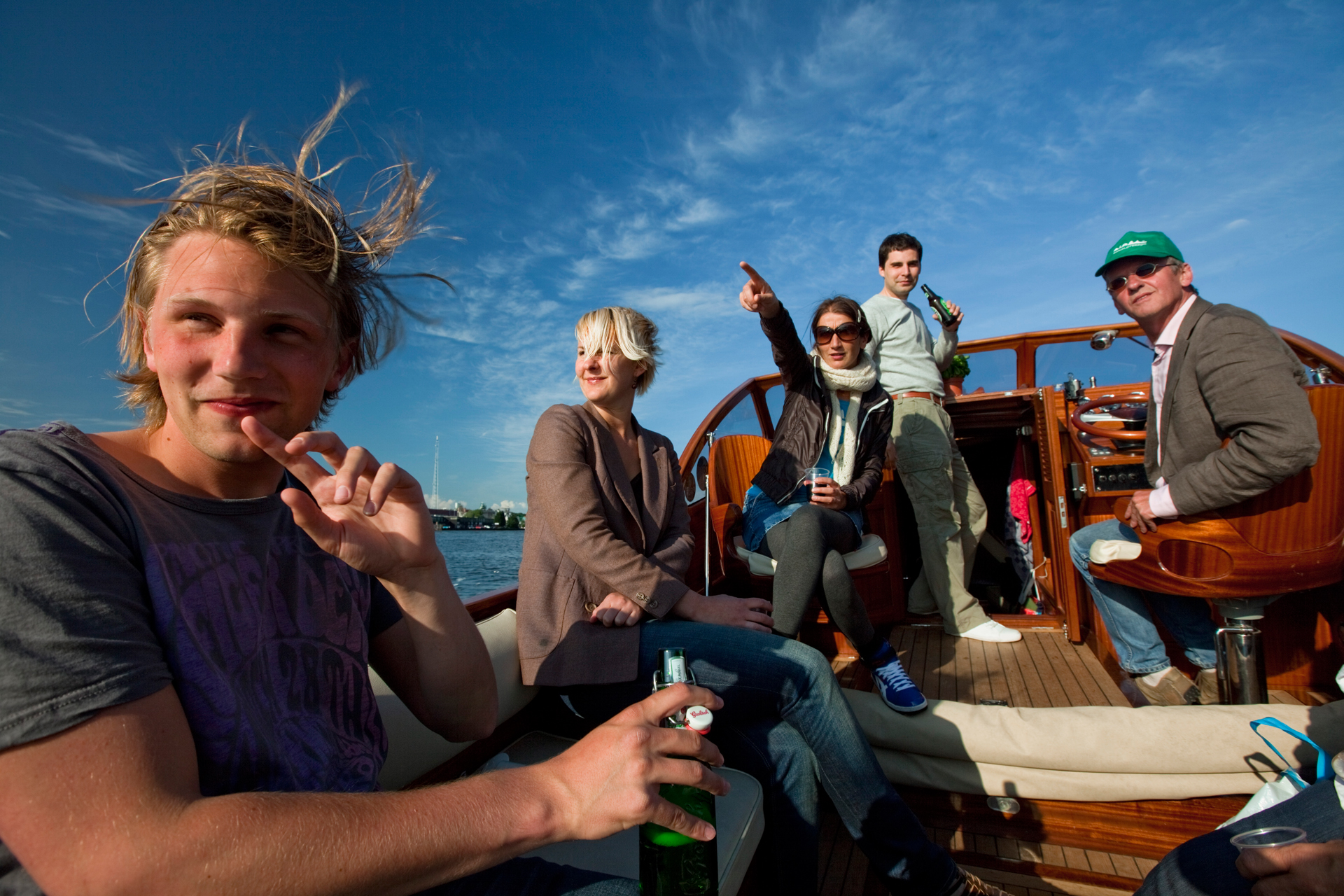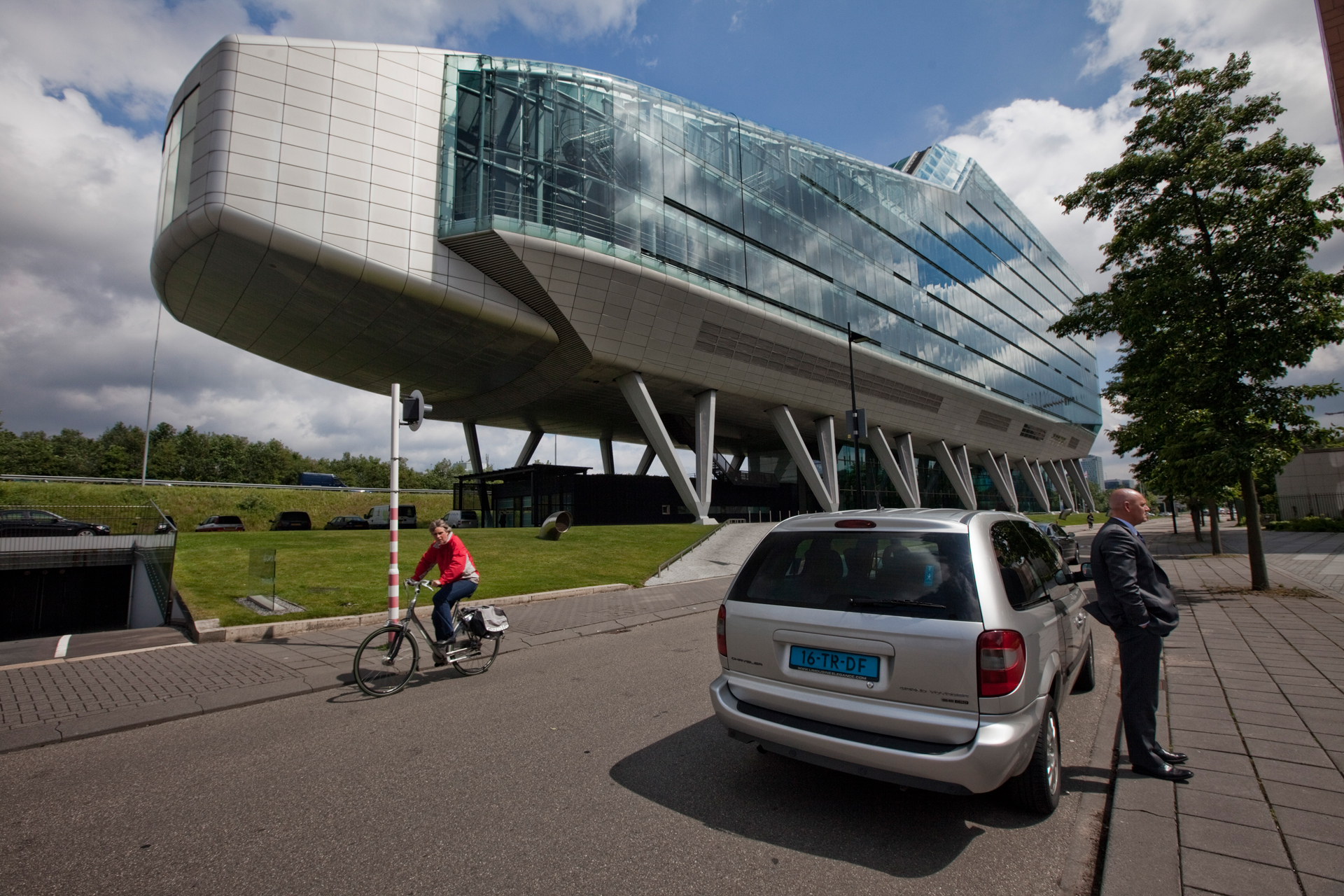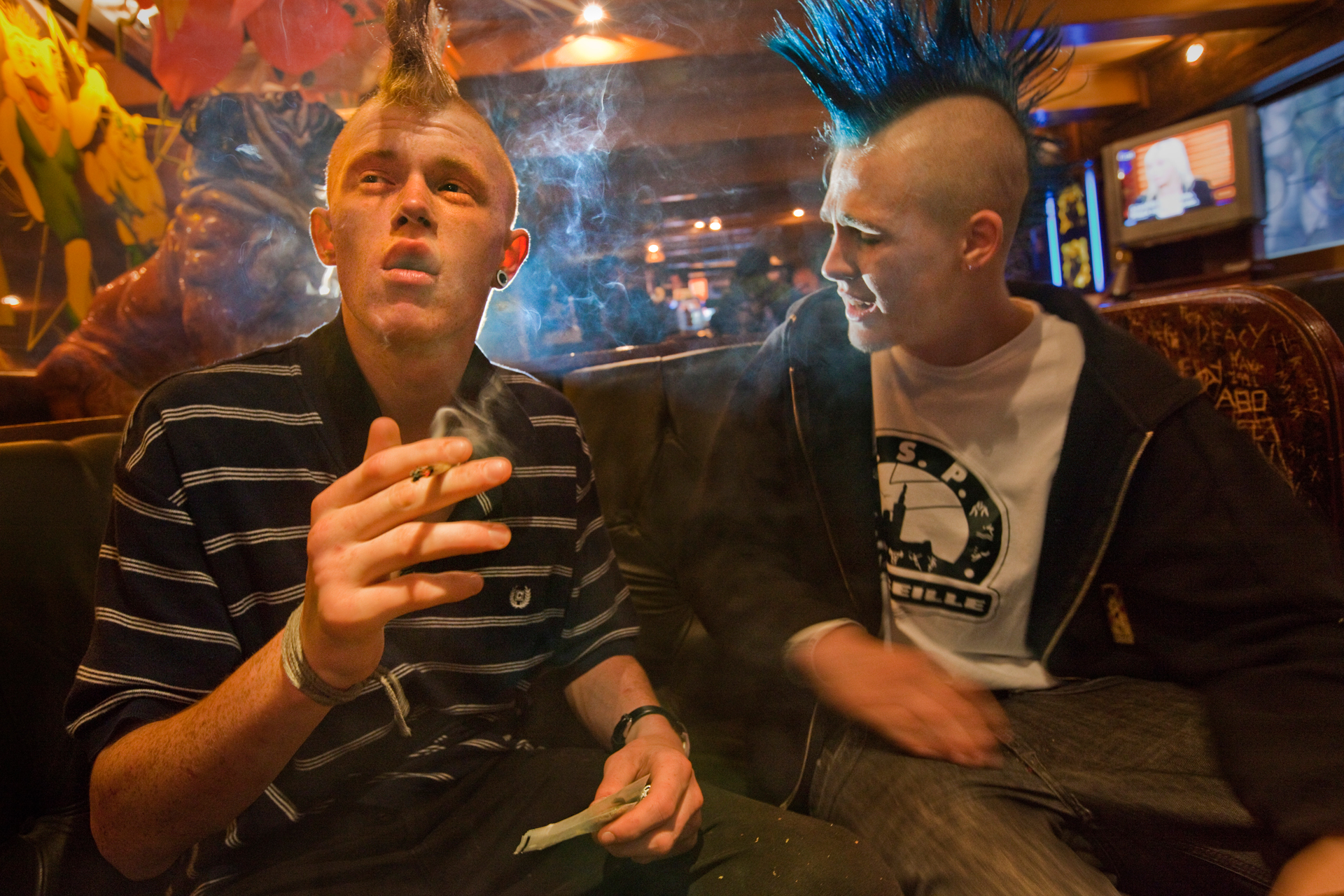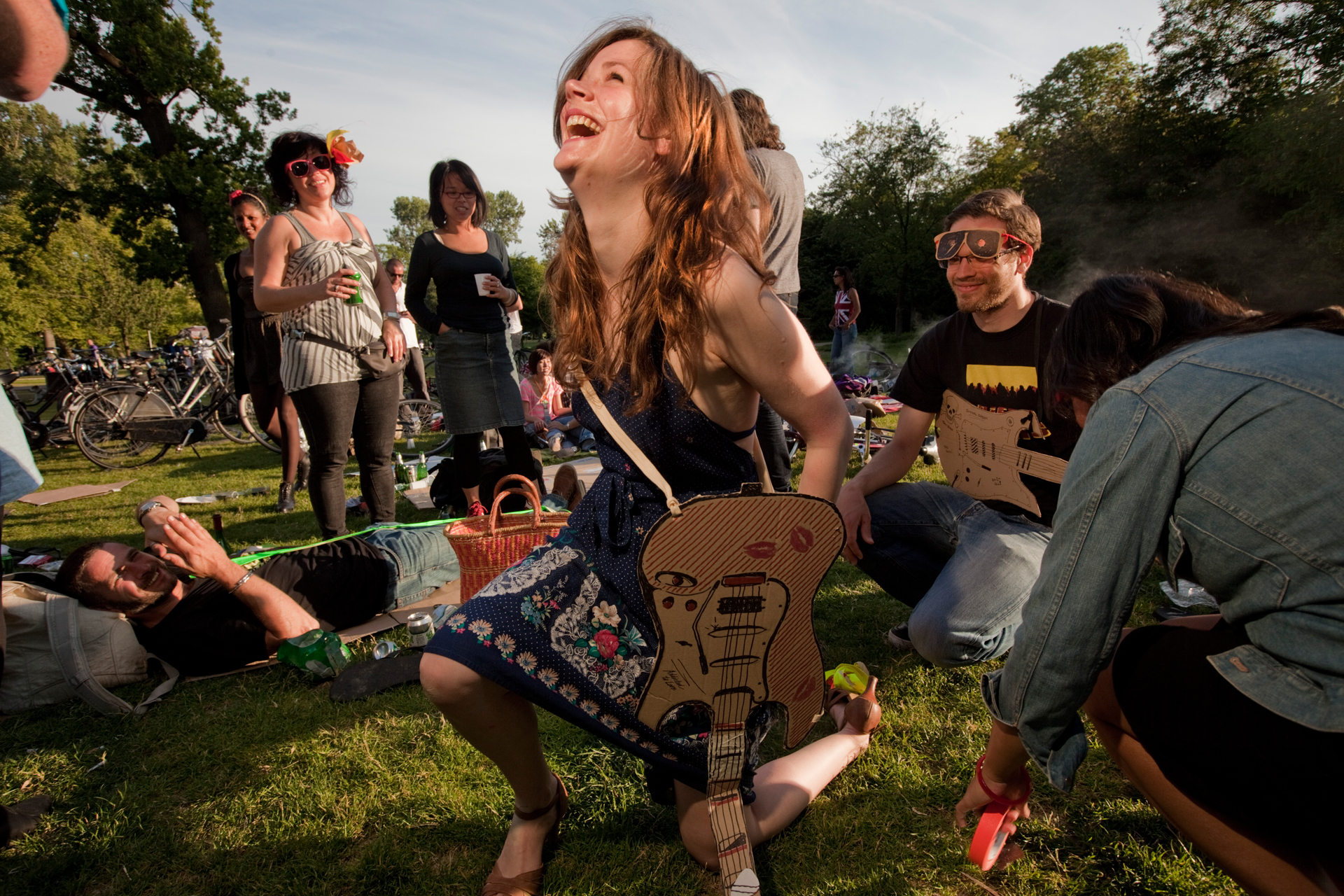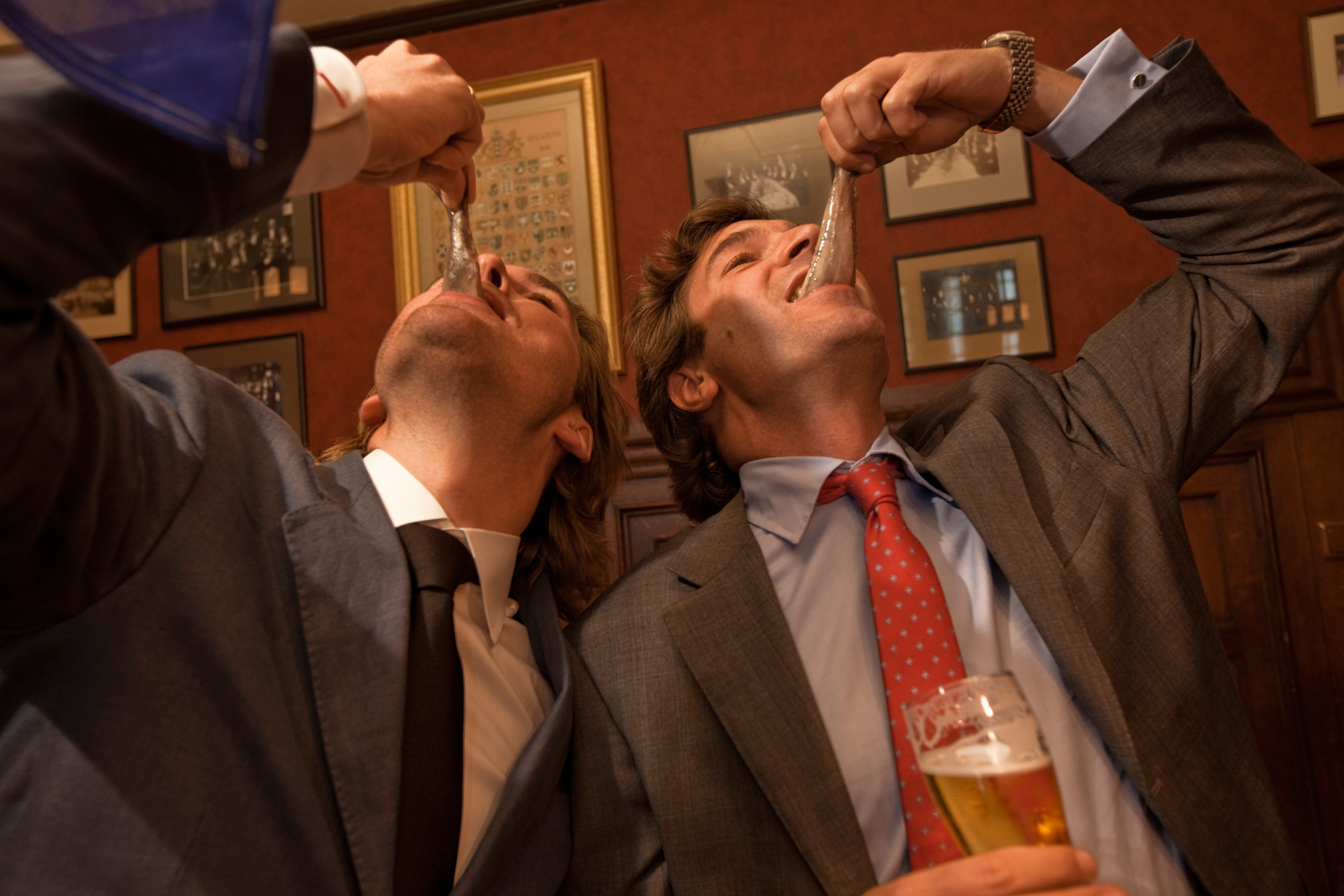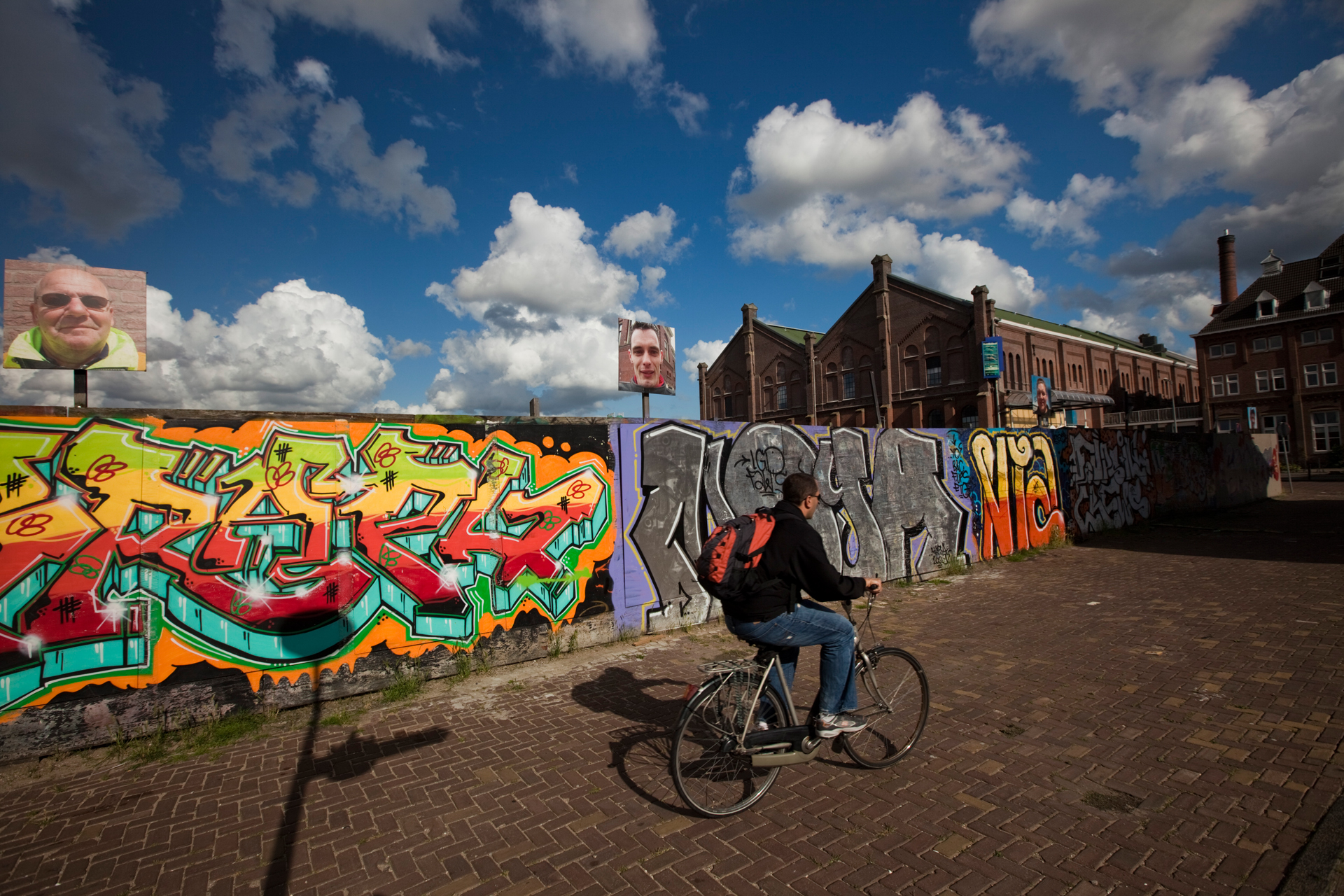With its cannabis coffee shops, tolerance for homosexuality, and legalization of prostitution, the city of Amsterdam has long been a place to put liberal ideals into action.
Besides being the hallmark of the world’s more forward-thinking values, Amsterdam in many ways represents typical Dutch lifestyle, ethos, and philosophy. Sex shops and shows, multicultural street fairs, psychedelic-infused rock music, avant-garde art and films, as well as radical politics have all been vibrant parts of Amsterdam’s history. These freethinking alternatives to otherwise populist views have made Amsterdam the place for those wanting to live undisturbed by the judgmental eye of the right-wing. One drawback of this rampant individualism has been the neglect of the Dutch to encourage immigrants to assimilate into their beloved city – mostly in fear of being accused of cultural close-mindedness.
While mind-expanding drugs are sold without worry in shops, drug addicts still roam the streets looking for money for a fix; and whereas prostitution is a job that was meant to guarantee stability and security, the sex trade has become less and less safe. The most visible of these dichotomies are many first, second, and third-generation Muslims who embrace the Dutch society free from persecution rampant in their home countries, but are now blamed for discrimination and harassment of others. Many Dutch see these immigrant Muslims as a threat to their way of life in that they are intolerant to the homosexual lifestyle, religious liberalism and even the freedom of speech.
Some politicians ask for the Dutchification of Muslims. Involving himself with typical Dutch community events such as the Gay Parade, the mayor of Amsterdam, is looked upon as a model example, asking Muslim politicians to follow. But he is losing ground to opponents who advocate a much more right-wing philosophy and would like to ban the Koran and tax women in headscarves. In a small city filled with vast individualism, the refusal of both sides to change and adapt, bears the risk of leading to violence. The murder of Dutch anti-Muslim filmmaker Theo van Gogh was seen as a troubling sign for developments to come and leaves the main question Amsterdamers have to ask themselves unsolved: How tolerant can a society be towards intolerance?

